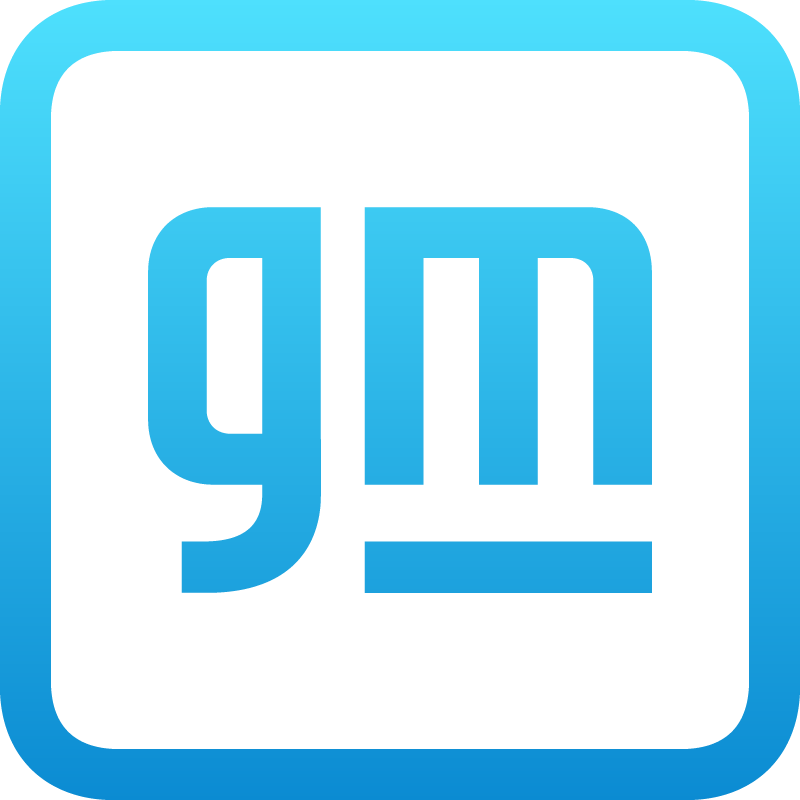Virtual Elementary Workshops
Engineering Outreach at Ontario Tech University offers offer a variety of virtual workshops for grades 1 through 8. Our workshops are designed to target specific curriculum topics and increase student understanding of Science, Technology, Engineering, and Mathematics. Our virtual elementary workshops run in blocks of 75 minutes. For online workshops, students will need their own computer and internet access with a minimum download speed of 5 Mbps. Virtual workshops are $50 CAD each unless otherwise stated.
Maker Workshops
-
Colour Decoded (Grades 4 - 6)
Students will explore fundamental concepts, from light's dual nature to the electromagnetic spectrum, and instructors will guide students in constructing their own spectroscope - a hands-on tool revealing the mysteries of light's interaction with matter.
Curriculum Link: Light (waves/particles, electromagnetic spectrum)
Coding Workshops
-
Bloxels Biodiversity and Ecosystems (Grades 1 - 8)
Student will learn about engineering's importance, programming's real-world applications, and input/output logic. The focus varies based on grade levels:
-
Grades 1 - 2: Learners grasp ecosystem concepts, types, and basic food chain systems. They practically apply this by creating ecosystems in Bloxels, including environments and pixel art animals. Understanding input's impact on character movement in the app is a key takeaway.
-
Grades 3 - 4: Students gain familiarity with Bloxels' environment, explore engineering and programming's significance, and delve into diverse ecosystems and food chains. They employ pixel art to craft animals and ecosystems, extending learning to predator-prey dynamics. Adding predator characters and utilizing game elements like power-ups deepen understanding.
-
Grades 6 - 7: Similarly introduced to Bloxels, these students tackle engineering, programming, ecosystems, and food chains, while also mastering scientific terminology for their game development. They construct prey and predator characters, using power-ups, multiple characters, and checkpoints for added complexity, showcasing an advanced comprehension of ecosystem dynamics and game design.
Curriculum Links: Coding, Biology (biodiversity and ecosystems)
-
-
Bloxels Literacy (Grades 2 - 3)
Students will have the opportunity to explore the Bloxels application and create a gaming environment of the story, The Three Little Pigs. While students learn about engineering and its applications, programming significance in the real world, programming input and output controls logic as a software/game developer, they will also be able to learn basic literary structure of a story. Grasping terms like beginning, middle (climax), end, protagonist, antagonist, setting, and story repetition, students will master these concepts by recreating the story in Bloxels by using pixel art to create characters, settings and power-ups to make their plot more interesting.
Curriculum Links: Coding, Literacy
-
Intro to Python (Grades 7 - 8)
Python is a common programming language that is widely used in the sciences. It is also one of the most popular programming languages in the world. This workshop introduces students to the basics of coding in python such as assigning variables, if/then statements, and performing simple tasks (e.g., making a calculator) in preparation for high school.
Curriculum Links: Coding. Teachers can request certain topics (e.g., loops, conditional statements) be covered depending on what they’re teaching in class

Actua provides training, resources and support to its national network of members located at universities and colleges across Canada in the delivery of science, technology, engineering and mathematics (STEM) education outreach programming. Each year, these members engage over 350,000 youth in 500 communities nationwide. Please visit Actua at www.actua.ca

